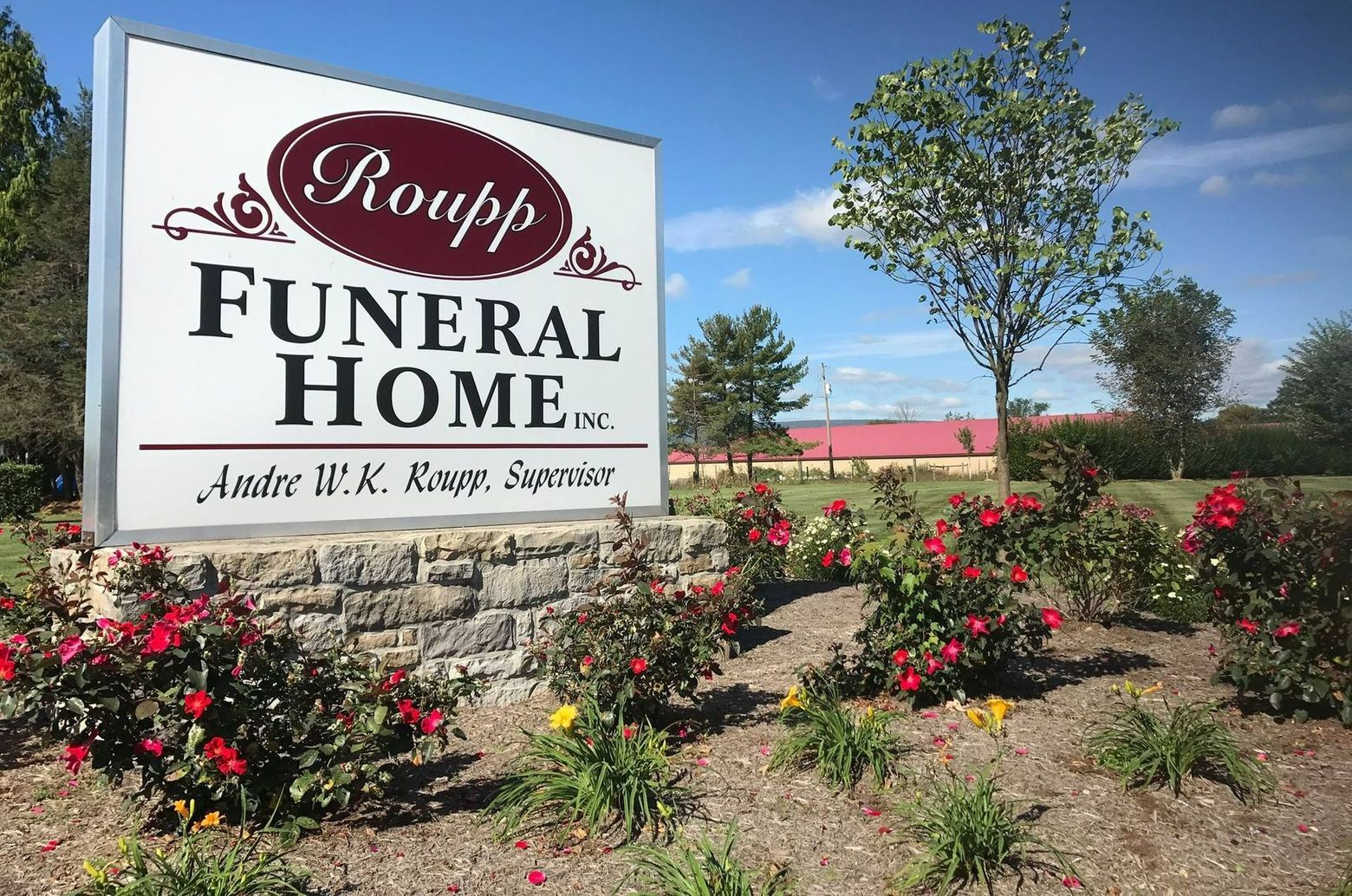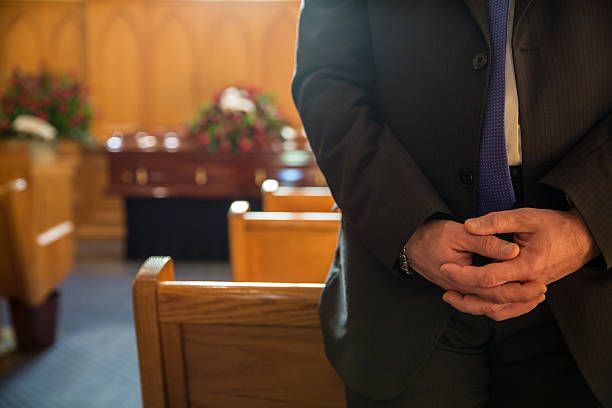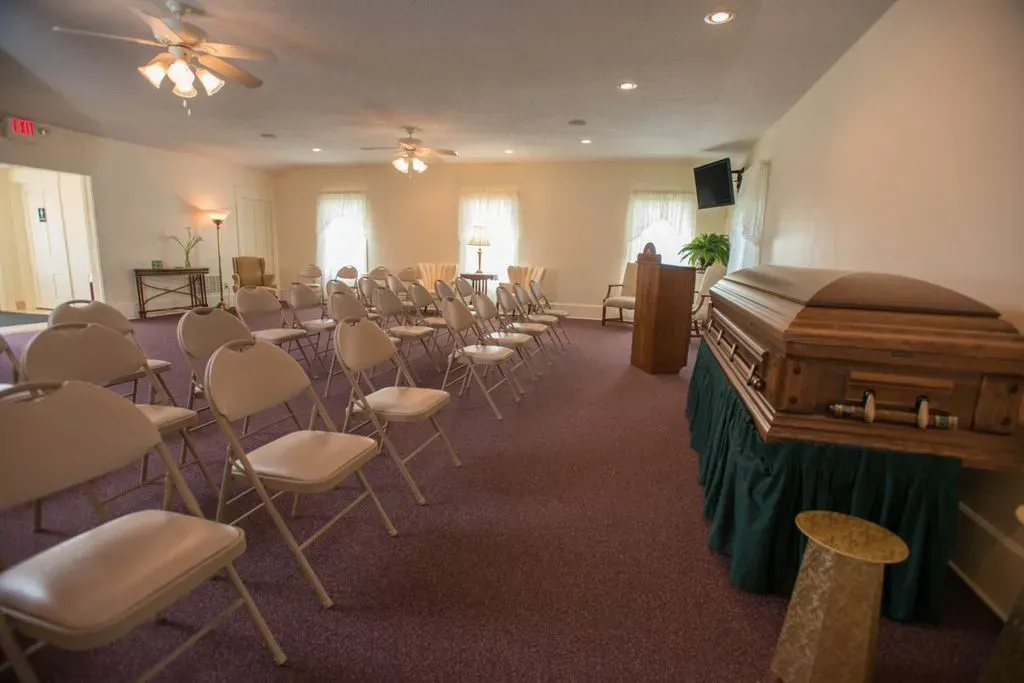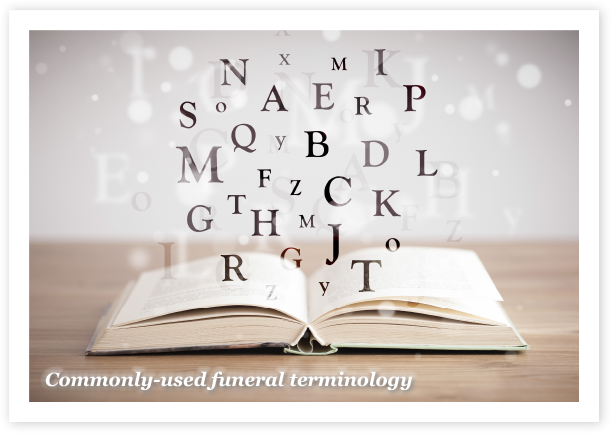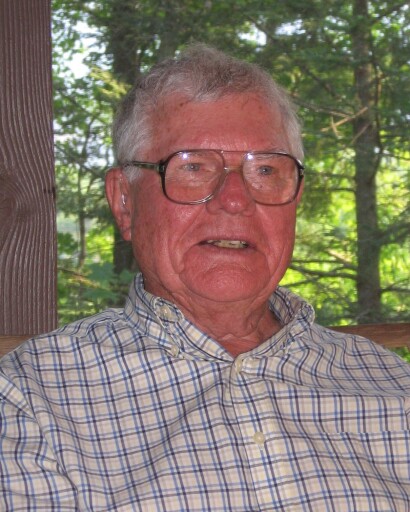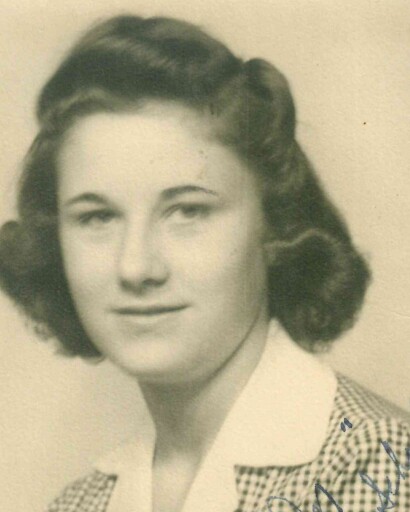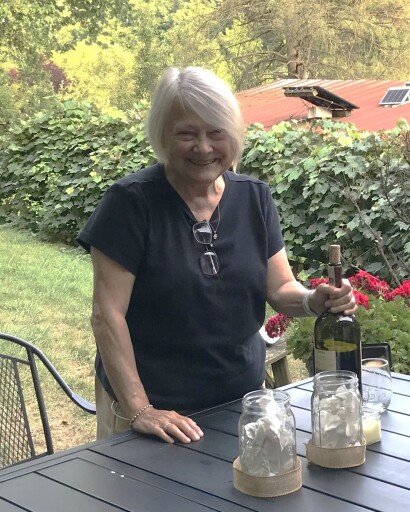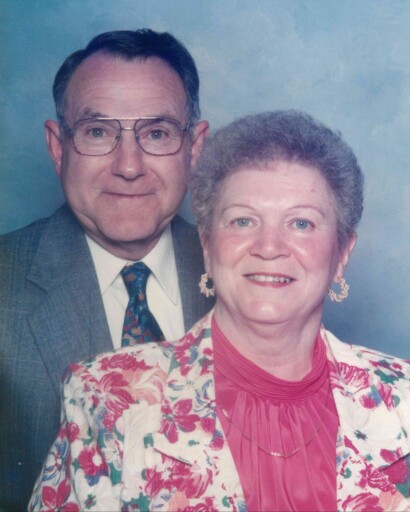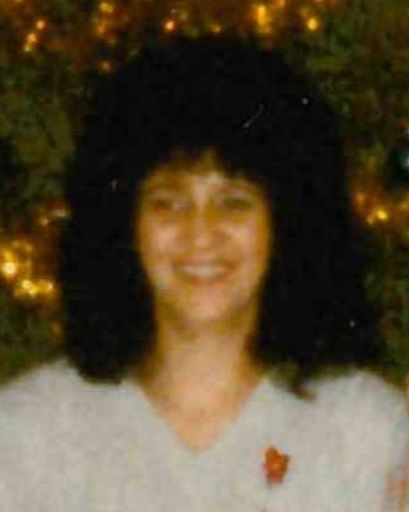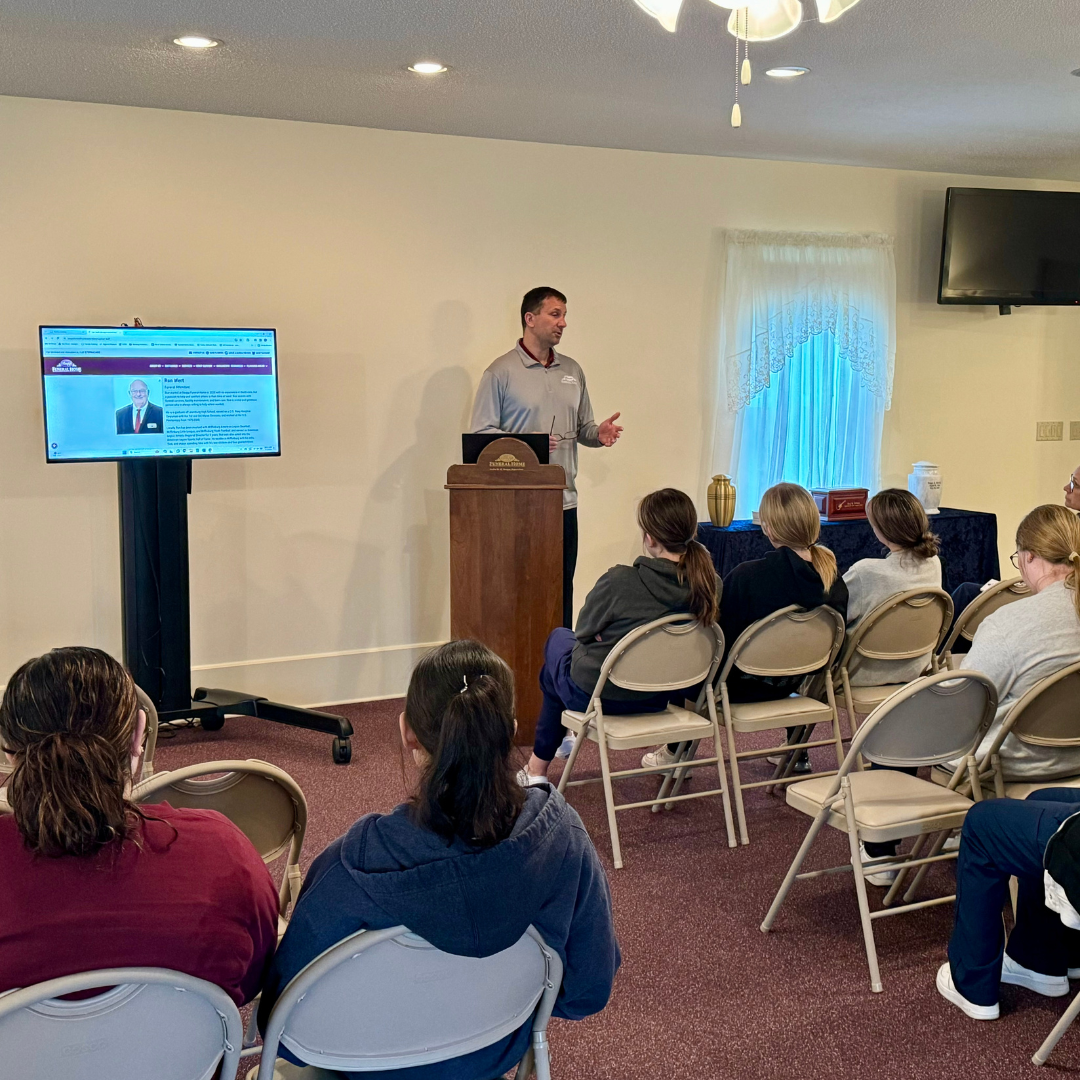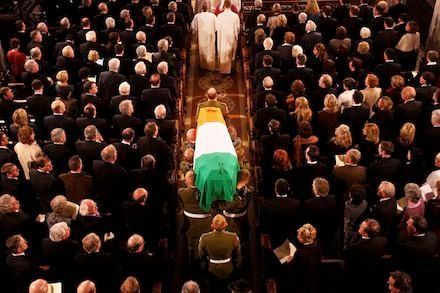By Crystal Statskey
•
25 Dec, 2023
If you’ve lost someone special, you know just how tough it is just thinking about going through one more day, much less one more year. So with the new year coming around the corner, you’re probably heartbroken with the thought of having to welcome the year on your own. And it’s not just about the aching loneliness. It’s also about the fear of having to face life’s challenges on your own. Or maybe it’s also about no longer feeling as needed as you were when your loved one was alive. When you’ve built your life around somebody else’s presence, being forced to go back to square one, so to speak, can feel downright impossible. Now with your loved one gone, you suddenly find yourself at a loss of what to do and how to fill the rest of your days alone. If all of the thoughts and emotions above resonate with you, please know that you are not alone. And that there’s nothing wrong with the way you’re processing your emotions and going through your grief. It’s only normal to want to bring back the past, so much so that we no longer want to accept the fact that we have to face a new year on our own. It’s normal for your thoughts to be filled with all the memories you’ve shared with this special person, and to wish for things to go back to the way they were. But no matter where you may be in your journey of grieving, it all boils down to one thing: You simply have to learn how to go through the entire process. In this article, we’ll take a closer look at that process and talk about what we can do to deal with the waves of grief and pain as they come. The Journey of Grief Grieving does not always mean a wave of tears. For the most part, it starts as a shock. Like you’re stuck in a nightmare you desperately want to wake up from. This is especially true if the loss of your loved one is sudden and unexpected. Most individuals who are in this stage of grief tend to detach themselves from whatever is happening, simply because reality is just too painful to face. They may even feel strange talking or writing about the loss as if it were happening to someone else and not them. So if you find yourself numb or unable to shed tears at this point, there’s no need to force it. The tears will come when you’re ready. As the days go by, you’ll soon find that your journey of grief is also a learning process. A time when you have to get used to doing everything and getting by each day on your own. Gradually, you learn how to create new patterns in your life, as memories of your loved one bring fresh waves of pain each time. There is no easy route when it comes to grieving. There will be pain at every turn. But with each challenge that you have to face on your own, you will also gradually learn how to accept your new reality. In time, the start of another year won’t be as painful as your first year without your loved one. In time, your grief will have eased into nothing more than a dull ache. But until that time comes, allow yourself to grieve. Allow yourself to cry. Easing the Pain While there is no way to avoid the grieving process altogether, here are things you can do to ease the pain as you go on your journey. Allow your body to heal. Grief is exhausting, so focus on giving your body the time it needs to recover from the fatigue. You may also find it helpful to consult a medical professional for this. Let your mind rest. It’s only natural for your mind to be filled with negative emotions, especially if the loss is still fresh in your memory. But as you go into another year, try to fill your head with as much positivity as you can. Affirmations, uplifting literature, soothing music—all these can do so much to keep you going as you start another year. Find joy in the little things. Just because you’re grieving doesn’t mean you’re not allowed to find and feel joy. Look for new ways to calm your thoughts down and uplift your spirits. Remember, your loved one wouldn’t want you to be sad for too long. So try to find joy in whatever way you can. Find a support system. You don’t have to go through your journey of grief on your own. Having a support group can help you keep going when the going gets tough. Groups like our very own Griefshare , for example, are a community of individuals who are going through a similar journey as you. If you are not local to Mifflinburg, you may find a Griefshare group near you or attend the virtual meetings. You can also sign up for our daily emails on our website called “Grief Steps ” if you need extra support. Final Note There is no set time for grief. Other people may take longer to grieve, while others may feel better in a few months. No matter how things may look for you, remember that each journey is unique, so don’t rush the process. Sure, from time to time, there will still be waves of pain. And that is okay. But when the right time comes, you’ll be able to look back at your memories with your loved one with a smile, knowing that you’ve loved them the best way you could. You’ll eventually find deeper meaning in your life as you do the things you once dreamt of doing together.
